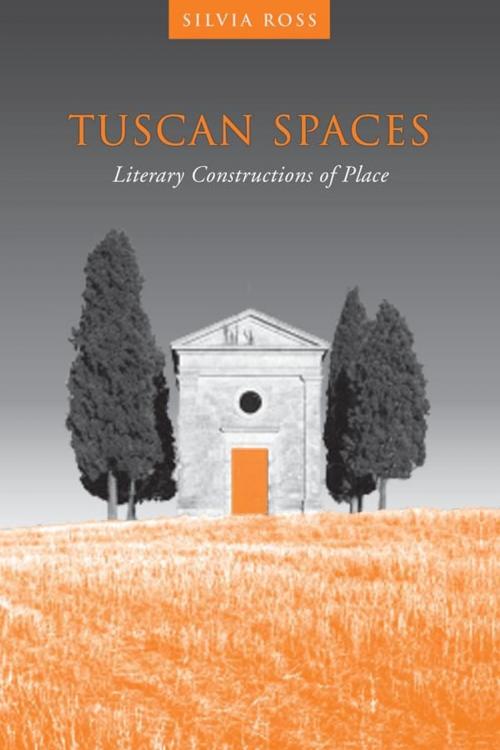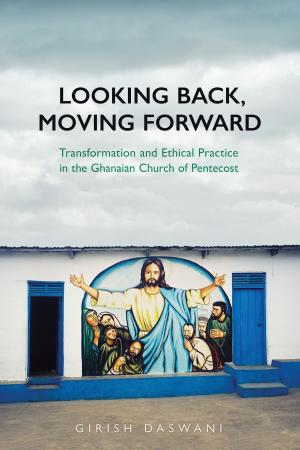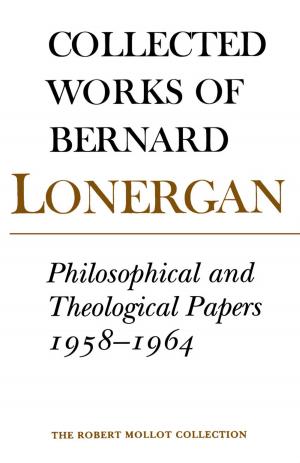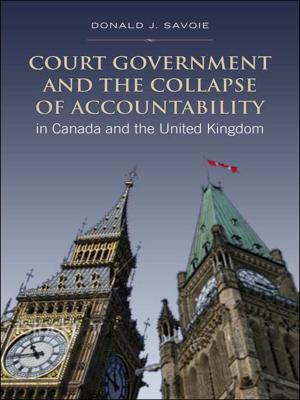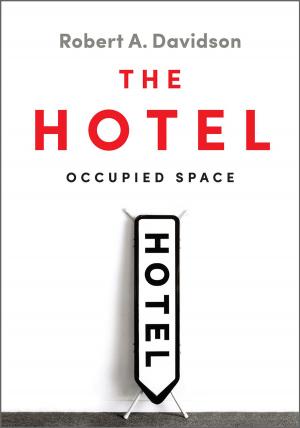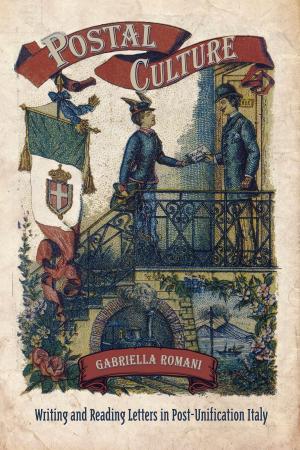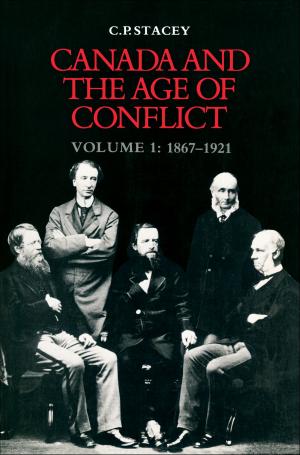Tuscan Spaces
Literary Constructions of Space
Fiction & Literature, Literary Theory & Criticism, European, Italian, Nonfiction, Art & Architecture, Architecture, History, Modern, 20th Century| Author: | Silvia M. Ross | ISBN: | 9781442698925 |
| Publisher: | University of Toronto Press, Scholarly Publishing Division | Publication: | May 1, 2010 |
| Imprint: | Language: | English |
| Author: | Silvia M. Ross |
| ISBN: | 9781442698925 |
| Publisher: | University of Toronto Press, Scholarly Publishing Division |
| Publication: | May 1, 2010 |
| Imprint: | |
| Language: | English |
An important locus for English-speaking writers, the region of Tuscany is also well represented in the Italian literary canon. In Tuscan Spaces, Silvia Ross focuses on constructions of Tuscany in twentieth-century Italian literature and juxtaposes them with English prose works by such authors as E.M. Forster and Frances Mayes to expose the complexity of literary representation centred on a single milieu.
Ross uses the works of writers such as Federigo Tozzi, Aldo Palazzeschi, Vasco Pratolini, and Elena Gianini Belotti, to seek out alternative visions of Tuscan space and emphasizes that each author fashions the region in a manner which reflects their personal poetics, background, and experiences. Theories of cultural geography, space, travel, and narrative contribute to Ross's consideration of the dualisms commonly employed in writings about Tuscany, such as country/city, nature/culture, female/male, and self/other, all of which are in turn affected by her interrogation of the local/foreign opposition that underlies the study as a whole.
An important locus for English-speaking writers, the region of Tuscany is also well represented in the Italian literary canon. In Tuscan Spaces, Silvia Ross focuses on constructions of Tuscany in twentieth-century Italian literature and juxtaposes them with English prose works by such authors as E.M. Forster and Frances Mayes to expose the complexity of literary representation centred on a single milieu.
Ross uses the works of writers such as Federigo Tozzi, Aldo Palazzeschi, Vasco Pratolini, and Elena Gianini Belotti, to seek out alternative visions of Tuscan space and emphasizes that each author fashions the region in a manner which reflects their personal poetics, background, and experiences. Theories of cultural geography, space, travel, and narrative contribute to Ross's consideration of the dualisms commonly employed in writings about Tuscany, such as country/city, nature/culture, female/male, and self/other, all of which are in turn affected by her interrogation of the local/foreign opposition that underlies the study as a whole.
